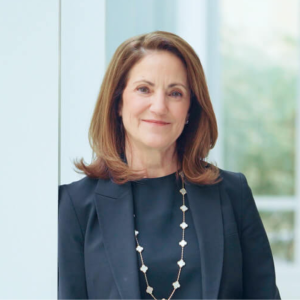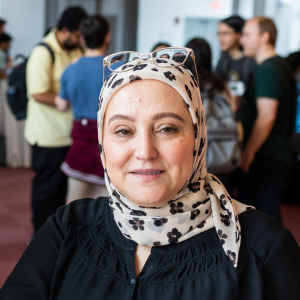The ICEO Community Learning Initiative supports MIT’s ongoing journey as a diverse and thriving collection of individuals. The people who make up the Institute community come from all 50 US states and from countries all over the world. We represent a broad range of faiths, races, ethnicities, ages, political views, and socioeconomic backgrounds. Our sense of community is defined by how much we learn about and from each other, how we treat each other, and by the culture and climate that result from our interactions.
Learn more about the ICEO’s learning opportunities and those offered with our partner offices:






